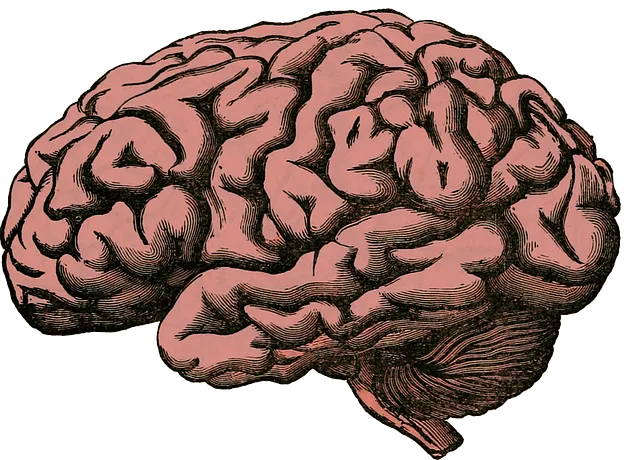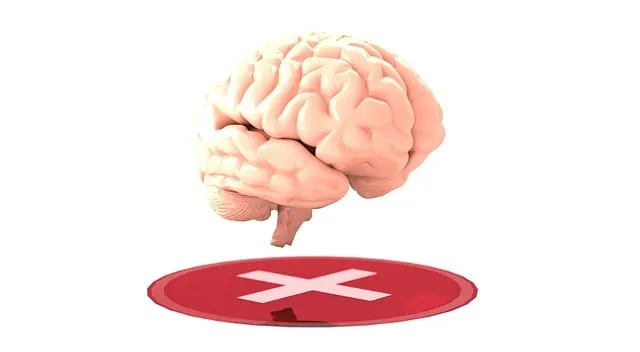Louisville Kaiser Permanente's Crisis Intervention Teams (CITs) are a vital part of its integrated healthcare system, offering immediate support and short-term stabilization for mental health crises. The program stands out for combining direct crisis intervention with evidence-based practices and comprehensive follow-up care. Through holistic training that emphasizes technical de-escalation skills and emotional intelligence, CIT members are equipped to handle acute psychiatric crises effectively, improving patient outcomes and reducing hospital stays. This approach not only enhances the community's mental health services but also promotes mental health literacy and resilience among team members.
Crisis intervention teams (CITs) play a vital role in mental health care, providing immediate support during crises. This article explores the essential training programs that equip professionals with the skills to manage high-stress situations effectively. We delve into Louisville Kaiser Permanente’s innovative approach, focusing on their comprehensive CIT training, which has significantly enhanced their mental health services. By examining key components and impacts, we highlight why skilled crisis response teams are indispensable in improving patient outcomes.
- Understanding Crisis Intervention Teams: A Essential Role in Mental Health Care
- Louisville Kaiser Permanente's Approach to Training Programs
- Key Components of Effective Crisis Intervention Team Training
- The Impact and Benefits of Skilled Crisis Response Teams in Mental Health Services
Understanding Crisis Intervention Teams: A Essential Role in Mental Health Care

Crisis Intervention Teams (CITs) play an essential role in mental health care, especially within integrated healthcare systems like Louisville Kaiser Permanente. These teams are designed to provide immediate and effective support to individuals experiencing a crisis, whether that’s a suicidal ideation, a severe emotional breakdown, or acute psychotic episodes. The primary goal is to de-escalate the situation, ensure safety, and offer short-term stabilization while also facilitating access to long-term treatment options.
CITs typically consist of trained professionals from various disciplines, including mental health specialists, paramedics, police officers, and social workers. Their collaborative approach ensures a holistic understanding of the individual’s needs. Through active listening, empathy building strategies, and coping skills development, these teams aim to not only resolve acute crises but also enhance mood management capabilities in individuals. Louisville Kaiser Permanente’s CIT program, for instance, prioritizes evidence-based practices, focusing on both direct crisis intervention and referral to appropriate follow-up care.
Louisville Kaiser Permanente's Approach to Training Programs

Louisville Kaiser Permanente takes a holistic approach to crisis intervention team training programs, focusing on both the technical skills needed to de-escalate and support individuals in mental health crises, as well as fostering emotional intelligence and regulation among team members. Their innovative curriculum goes beyond traditional first aid for mental health emergencies, integrating strategies for anxiety relief and promoting a culture of compassionate care.
By emphasizing emotional intelligence, Louisville Kaiser Permanente equips their crisis intervention teams with the ability to understand and respond effectively to the complex needs of individuals experiencing distress. This comprehensive training ensures that team members are not only equipped with evidence-based practices but also possess the personal resilience and self-awareness required to provide genuine, empathetic support. The result is a network of skilled responders ready to make a tangible difference in their community’s mental health services, with Louisville Kaiser Permanente leading the way as a beacon of hope and healing.
Key Components of Effective Crisis Intervention Team Training

Effective crisis intervention team training programs incorporate several key components to ensure preparedness and a positive impact on individuals in distress. One of the fundamental aspects is communication strategies. Training should equip teams with techniques to engage individuals in a supportive manner, fostering open dialogue and understanding. This includes active listening, empathy, and clear, concise communication tailored to diverse populations.
Another crucial element is incorporating self-awareness exercises that promote emotional intelligence among team members. By enhancing their own mental health literacy and coping mechanisms, team members can better assist others in managing crises. Encouraging positive thinking and resilience through structured exercises contributes to a supportive environment where team members feel equipped to handle challenging situations effectively, often reducing the need for extensive external mental health services like those offered by Louisville Kaiser Permanente.
The Impact and Benefits of Skilled Crisis Response Teams in Mental Health Services

Skilled crisis intervention teams play a pivotal role in mental health services, significantly enhancing patient outcomes and overall care quality. These teams, often comprising professionals from diverse backgrounds, are trained to swiftly and effectively respond to individuals experiencing acute psychiatric crises. By integrating this specialized training into healthcare systems, such as Louisville Kaiser Permanente mental health services, organizations ensure that patients receive immediate, competent, and compassionate care.
The benefits of these crisis response teams extend far beyond the initial intervention. Research highlights improved patient safety, reduced hospital stays, and better long-term management of chronic conditions like anxiety disorders. Moreover, cultural competency training within these squads becomes instrumental in addressing the unique needs of diverse populations, aligning with the principles of Healthcare Provider Cultural Competency Training. This approach not only fosters better mental health policy analysis and advocacy but also promotes equitable access to quality mental health services for all individuals, regardless of their background or culture.
Crisis intervention team (CIT) training programs, as exemplified by Louisville Kaiser Permanente’s approach, are vital components of enhancing mental health services. By equipping professionals with the necessary skills, these programs ensure a swift and effective response to crises, ultimately improving patient outcomes. The key lies in comprehensive training that covers various aspects, from recognizing warning signs to de-escalation techniques. With consistent practice and real-world application, skilled CIT teams can significantly reduce harm and promote recovery, making them an indispensable asset in Louisville Kaiser Permanente’s mental health services, serving a number of patients each year.






